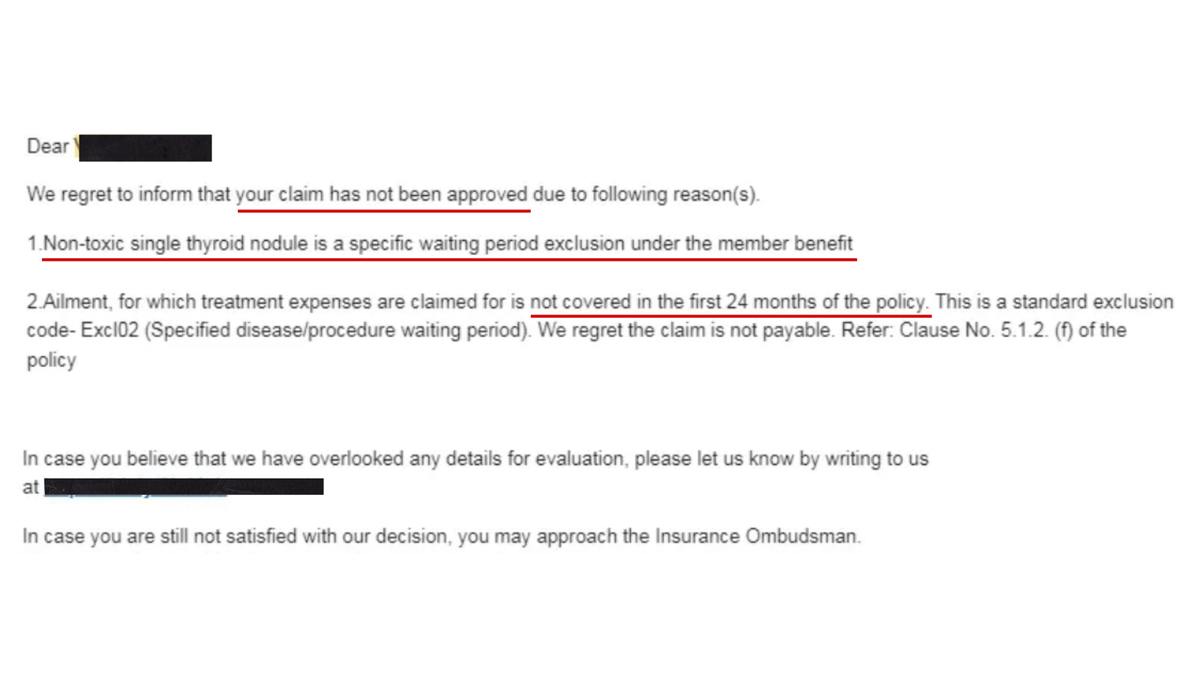So there was this news that Maharashtra govt is providing free health insurance to all its residents.
How can you make use of it? Or can you?
Here's a quick thread.
1/n
#MaharashtraFightsCorona
How can you make use of it? Or can you?
Here's a quick thread.
1/n
#MaharashtraFightsCorona
Researched online on govt websites to find out more about the cover. No information on the state government website about the coverage, hospitals, or link to the scheme's website.
After some research effort, here are the details I could find.
2/n
After some research effort, here are the details I could find.
2/n
This is *not* a new scheme. This insurance is on since 2012!
The scheme covers infectious diseases, critical care all these years - hence Covid19 was part of the cover.
The only change is the scheme now includes people in the higher economic class (white ration card)
3/n
The scheme covers infectious diseases, critical care all these years - hence Covid19 was part of the cover.
The only change is the scheme now includes people in the higher economic class (white ration card)
3/n
The scheme is called Mahatma Jyotiba Phule Jan Arogya Yojana (MJPJAY)
The cover is as follows:
- Rs. 1.50 Lakh floater cover
- Covers all the members on the ration card.
- Pre-existing Disease cover
- Cashless treatment
- Treatment only through 1000 network hospitals.
4/n
The cover is as follows:
- Rs. 1.50 Lakh floater cover
- Covers all the members on the ration card.
- Pre-existing Disease cover
- Cashless treatment
- Treatment only through 1000 network hospitals.
4/n
The hospital network comprises of mostly Govt or Semi-govt hospitals - I couldn't find any big brands.
So you probably won't be able to use the scheme to get treatment at your preferred hospital.
Here's the website where you check the network: jeevandayee.gov.in
5/n
So you probably won't be able to use the scheme to get treatment at your preferred hospital.
Here's the website where you check the network: jeevandayee.gov.in
5/n
Details of the TPA in the policy are not known.
The insurer is United India Assurance, but no information on their website. Couldn't connect to their toll-free.
If you want to avail this scheme, you need to visit the hospitals listed on the website and request for cashless.
The insurer is United India Assurance, but no information on their website. Couldn't connect to their toll-free.
If you want to avail this scheme, you need to visit the hospitals listed on the website and request for cashless.
• • •
Missing some Tweet in this thread? You can try to
force a refresh







